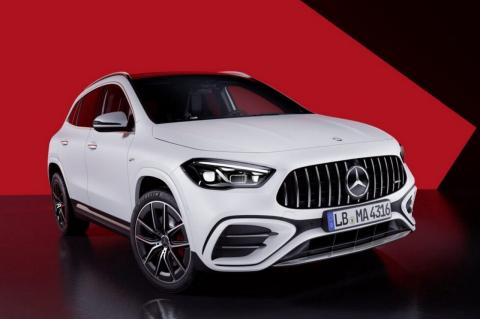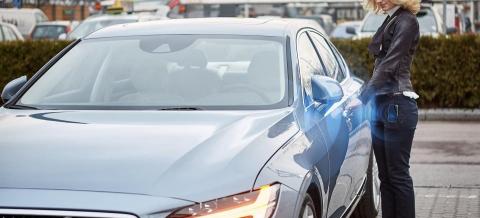The mobility sector is evolving at great speed. COVID-19, mobility restrictions on polluting vehicles, uncertainty, legislative changes in sustainability, the shortage of semiconductors and other materials are some of the reasons why users are not behaving as they do a few years on the road.
Faced with this situation, mobility service companies have reacted quickly to respond to the new demands of drivers and flexible renting is one of the alternatives.
But what is flexible renting? It is a vehicle leasing modality whose contract does not have permanence, without penalties or expenses, that is, a vehicle can be contracted in flexible leasing from one month, without setting a term, for the period that is needed, and return it when it is no longer necessary to dispose of it without incurring any additional cost. The customer pays a monthly fee that covers the expenses and services associated with that vehicle, as occurs with other services such as music or streaming platforms, which includes insurance, maintenance and inspections.
A growing trend
Northgate has carried out its 1st Mobility Survey to find out how drivers perceive the use of the car and the existing alternatives to owning a vehicle, such as public transport, micro-mobility services or flexible renting. The main data revealed by the survey is that only three out of ten Spaniards consider buying a vehicle in the short term.
One of the main reasons for this decision, reveals the survey, is that 36% of those surveyed prefer not to make such a large economic expense at the moment. In addition, 15% state that this is due to their concern about the current economic uncertainty. The lack of vehicle stock and the consequent waiting time is another of the causes indicated in the survey when not deciding to purchase a vehicle at this time.
In line with this statement, the study ratifies this trend when it reveals that four out of ten Spaniards believe that in the short term the number of people with a car will be less than the current one, despite the fact that 96% of those surveyed with driving license moves with own vehicle. Thus, the majority consider that there are increasingly more flexible and accessible alternatives to be able to use a vehicle, which solve the need for mobility without having to buy it.
It should be noted that young people between 25 and 39 years old are those who mostly think that there will be this change in trend and would not buy a vehicle in the short term. Differentiating by communities, this statement is the majority among the inhabitants of Madrid (55%), ahead of Castilla León (48%), Catalonia (48%) and Asturias (47.5%).
The study also shows that vehicle ownership will be detrimental to these new mobility options. 38% of those surveyed already believe that accessing a vehicle through flexible renting has more advantages than buying a new or used one. Among the main reasons that most attract them when opting for this modality is the lack of concern for everything related to the vehicle such as maintenance costs or insurance (63%), in addition to not having permanence and being able to cancel without penalty ( 44%), followed by being able to pay everything in a fixed monthly fee (34%).
Leasing companies grow 27% compared to 2020
From January to November 2021, a total of 773,396 passenger cars were registered, which compared to 2019 represents a decrease of 33%, according to data from the Spanish Association of Automobile and Truck Manufacturers (ANFAC), due to the current context of uncertainty. In this context, it should be noted that flexible renting has become an option that many drivers, both for private use and for professional use, value to acquire a vehicle without having to buy it.
Northgate has a fleet of more than 55,000 vehicles
At a time when you have to wait months to get a new vehicle, during 2021, vehicle registrations made by rental companies accumulated 260,834 units, 24.6% more than in 2020. Thus, the weight of the leasing on total car sales in Spain is 25.27%.
From Northgate they assure that the figures demonstrate a paradigm shift in the mobility preferences of the Spanish. It is increasingly latent that the sense of ownership is less and that consumers opt for flexible services that adapt to their immediate and economic needs, both in the case of company vehicles and for use in the private sphere. It also influences that there are more and more customizable options such as flexible renting, which allows them to get a vehicle adapted to their needs, in a short time and with the peace of mind of being able to stop using it when they do not need it.













